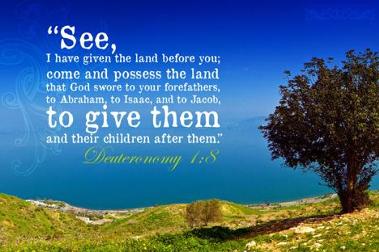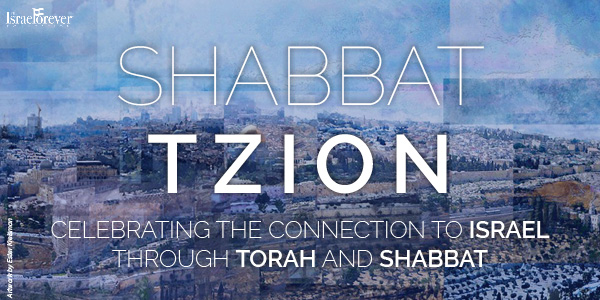The Torah: A Love Story
By Rav Ronen Neuwirth
According to tradition, the upcoming Shavuot holiday celebrates the day the Jewish people received the Torah. Following the tradition of the kabbalists, Jewish communities have for the last several centuries spent the holiday eve awake, studying Torah until dawn in a custom known as "Tikkun Leil Shavuot." The tradition's source is a parable told by our sages that recalls the night before the Torah was given, when the people of Israel slept deeply until God woke them in the morning. We now make up for that sleep by staying up all night.
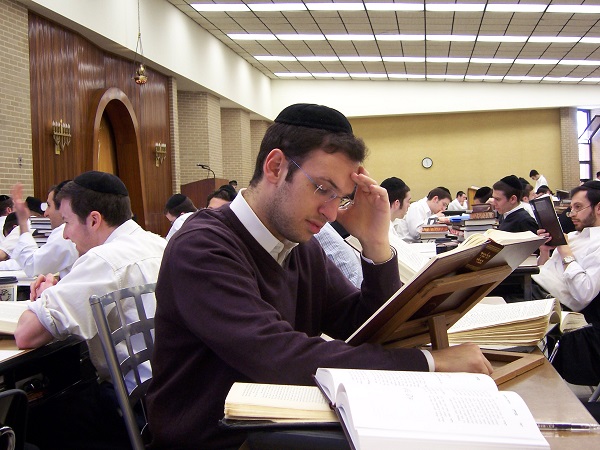
In every generation and throughout every era, that switch, or correction, from sleep to wakefulness takes on new relevance. In our time, this is also something that we as a society -- religious, traditional, and secular alike -- can and should correct. Torah study must not be left only to the religiously observant community. In recent years, we have had the privilege of witnessing an awakening in Israeli society, a new enthusiasm for our holy books, regardless of denomination.
Torah study includes the aspect of deeds, the laws and rituals that form a distinct way of life. For me, as an observant man, this framework for life is essential and obligatory, but it's not everything and it should not be sole purpose of Torah study. Torah study has value beyond following the mitzvot. In the Zohar, the foundational kabbalist text, Torah study is described as a love story: How are they similar? The Torah is like a loved one, beautiful both inside and out, as she hides within her palace.
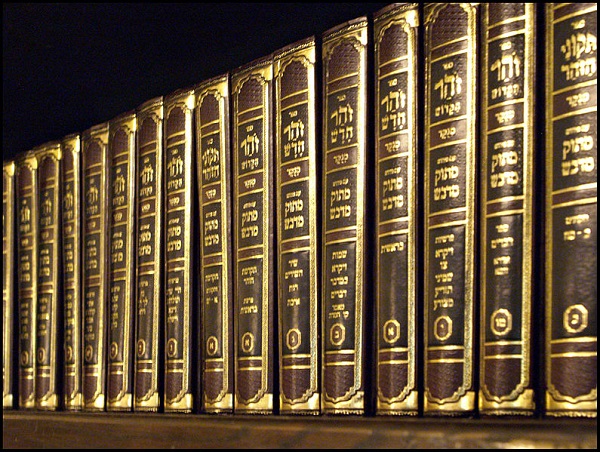
Photo by Dainis Matisons distributed under a CC BY 2.0 license
There is one man who loves her, one that people do not know about for he is hiding. Out of his love for her, he passes by the gates of her home all the time, looking for her. She knows that he is always there, at the gate to her home, so she opens a small door to her palace, showing her face to him, and then she immediately disappears once again. Only her lover, who is wholly devoted to her, knows that it is out of her love for him that she revealed her face for a moment, to awaken him.
The same, the Zohar tells us, is true of the Torah: It does not reveal itself to anyone other than those who love it. The Torah knows that the one with a wise heart circles outside its home every day. So, what does it do? It reveals its face to him from within its palace, giving him a hint, and then immediately retreats to its hiding place. No one else sees the Torah except for him, and his heart and mind and soul follow it, and the Torah continues to reveal itself and hide, awakening his love.
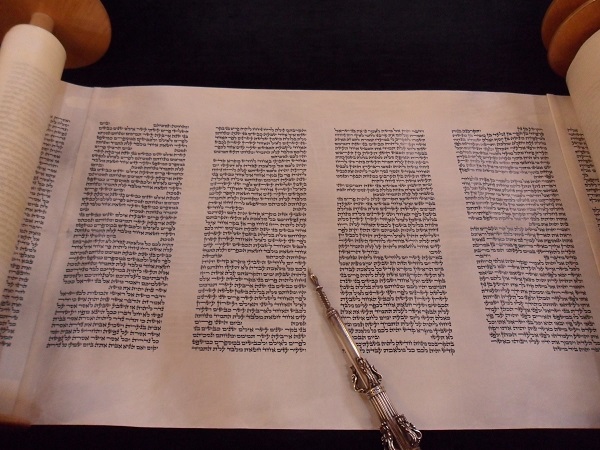
The Torah is a love story. You don't need to be religiously observant to be a part of this love story. Moreover, there are also "religious" people who study Torah despite the fact that it is not really a love story for them. Studying Torah is different from any other type of academic or professional study. It is not merely an intellectual challenge, it is a living and breathing text that calls on us to connect to it organically and to find its meaning in our lives. That kind of study positively influences our character, our family ties and our relationship to society.
When you only pay attention to the "religious" side of ritual and mitzvot, or the intellectual side of Talmud study, you may lose the emotion and the thrill of a living meeting with the text. The ultimate Torah study is the one described in the Gemara: "Rav said: A person does not learn Torah except from a place that his heart desires."
And what about you? Have you found love?
Originally published here
Recommended for you:
About the Author



